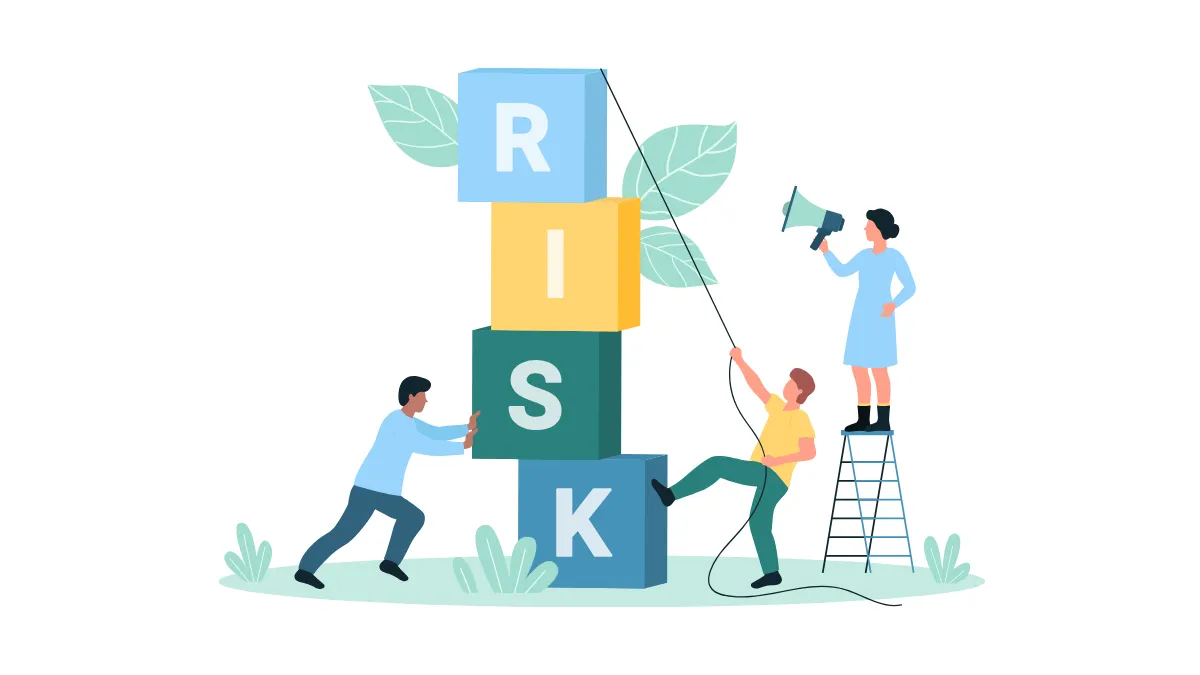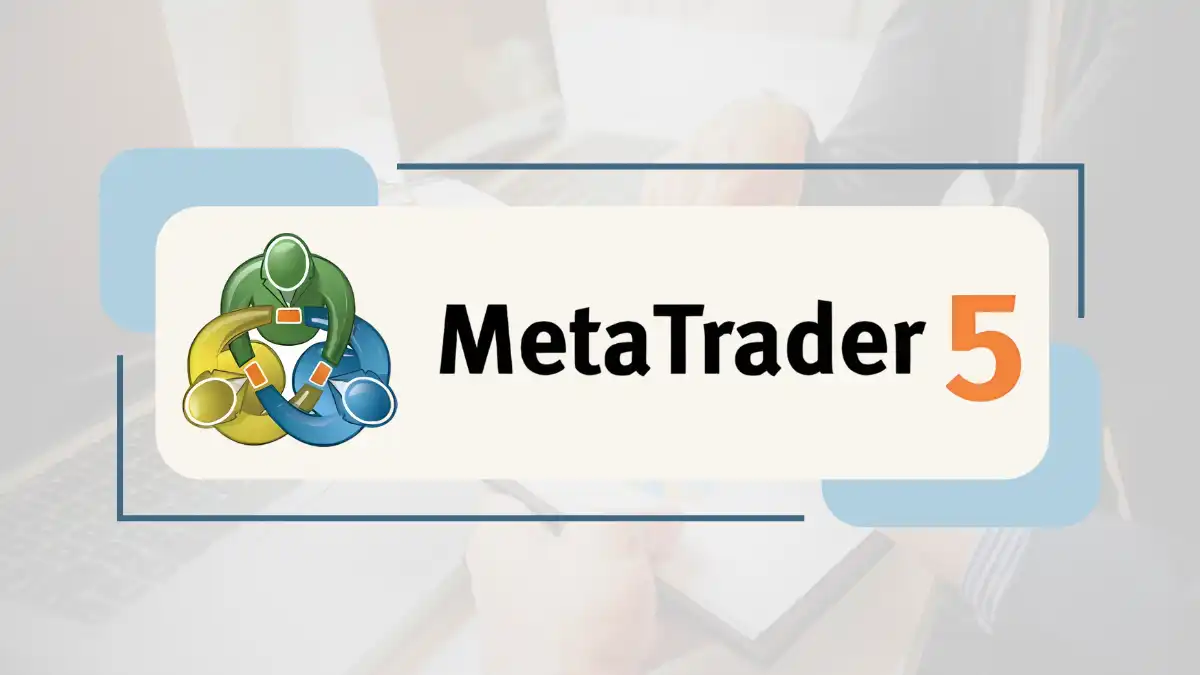How to Choose a Forex Broker?
Choosing a broker is like picking products in a supermarket; the dazzling array of products on the shelves can often leave one unsure of how to choose.But if we use some filtering methods, we can select the items that suit our needs.
Here are some basic questions to consider when choosing a broker:
- Is the broker a regulated institution (e.g., in Cyprus or Australia)?
- Has the broker implemented mechanisms to protect your funds and safeguard your capital?
- Are the broker's trading costs low enough?
- What types of accounts and tradable products does the broker offer?
- What types of trading tools and educational materials does the broker provide?
- What type of customer support does it offer?
1. Regulation and Compliance
Any financial company that accepts funds from private investors or offers trading in financial products needs to be licensed and regulated by a regulatory authority.When choosing a broker, you should consider the following four tiers of regulation:
Tier 1
The UK's FCA (Financial Conduct Authority) and the US's NFA (National Futures Association). They offer strong investor protection, but due to protections for retail traders, trading leverage under this regulation does not exceed 1:30, which reduces trading flexibility. Some users prefer Tier 2 brokers to balance protection with leverage flexibility.Tier 2
These regulatory bodies regulate within specific countries or regions, such as Australia's ASIC (Australian Securities and Investments Commission) and Cyprus's CySEC (Cyprus Securities and Exchange Commission).Tier 3
These regulatory bodies regulate within specific regions or cities, providing basic investor protection and regulatory standards.Tier 4
These regulatory bodies specifically regulate certain companies or brokers, usually for specific markets or business models, providing regulatory and compliance requirements.2. Security of Client Funds
When choosing a forex broker, it is very important to consider the security of client funds. All top-tier regulatory authorities have implemented strict protection mechanisms for licensed brokers to ensure the safety of their client funds. The most important mechanisms for protecting investor funds include:- Deposit Insurance
If the broker goes bankrupt, this insurance scheme is designed to provide compensation for investors' deposits. - Segregation of Funds
This requires the broker to keep client deposits separate from the company's operational funds. Brokers are usually required to track and report the value of client deposits daily. The broker should not use client deposits for any other activities. - Negative Balance Protection
This protects traders from incurring a negative balance and owing money to the broker.
3. Trading Costs
Spread costs may be negligible relative to expected profits, but spreads can accumulate quickly. The more you trade, the higher the trading costs, and ultimately, the difference in spreads between brokers can affect the profitability of a system.For example, a Scalping system can be particularly sensitive to spreads and may only be profitable with extremely low spreads.
Trading Costs for Non-ECN Brokers
Trading Cost = Spread (Ask Price – Bid Price)
Trading Costs for ECN Brokers
Trading Cost = Spread (Ask Price – Bid Price) + Commission
If you want to sign up with an Introducing Broker (IB) that offers a rebate program, Mr.Forex provides Rebate services. You will earn a portion of the commission back to your account on each closed trade, which will effectively reduce your trading costs.
4. Account Types and Tradable Products
A diversity of product types is necessary. If a market is sufficiently volatile, or if market prices are stuck in a range, it is always good to have more options and more tradable instruments.Today's forex brokers offer not only the forex market but also CFDs on various commodity markets, including soft commodities and energy, precious metals, indices, and stocks, and even cryptocurrencies.
5. Tools and Forex Educational Materials
When choosing a forex broker, you should also consider the trading tools and educational materials they provide. Many brokers now offer a range of free and additional materials, from charting tools to practical technical indicators.Additionally, you can find brokers that provide daily technical analysis reports, blogs, and even trading signals. If you are a newcomer to the forex market (or even an experienced trader), it is very important to understand trends, market sentiment, and geopolitical events, as these can occur at any time and change the direction of a trend.
Try to choose a broker that provides daily technical analysis and trading signals. While they cannot be held responsible for your trading decisions, they are always a rich source of information that can help you stay updated with the market on your long journey. The way to get all these educational materials is simply to open a trading account with a broker that provides them.
6. Customer Service
When choosing a broker, you should also consider their customer service support. You may encounter issues related to your trading account, such as deposit delays, withdrawal problems, or document submissions.Ensure the broker provides customer support in your native language. Additionally, the speed and availability of customer support, as well as the channels through which you can contact them, are also important. Many brokers already offer multilingual support, contactable via direct phone calls, email, and live chat.
Most brokers now offer 24/5 customer support, so you can get answers to your questions faster than ever before.
Hi, we are the Mr.Forex Research Team
Trading requires not just the right mindset, but also useful tools and insights. We focus on global broker reviews, trading system setups (MT4 / MT5, EA, VPS), and practical forex basics. We personally teach you to master the "operating manual" of financial markets, building a professional trading environment from scratch.
If you want to move from theory to practice:
1. Help share this article to let more traders see the truth.
2. Read more articles related to Forex Education.
Trading requires not just the right mindset, but also useful tools and insights. We focus on global broker reviews, trading system setups (MT4 / MT5, EA, VPS), and practical forex basics. We personally teach you to master the "operating manual" of financial markets, building a professional trading environment from scratch.
If you want to move from theory to practice:
1. Help share this article to let more traders see the truth.
2. Read more articles related to Forex Education.





